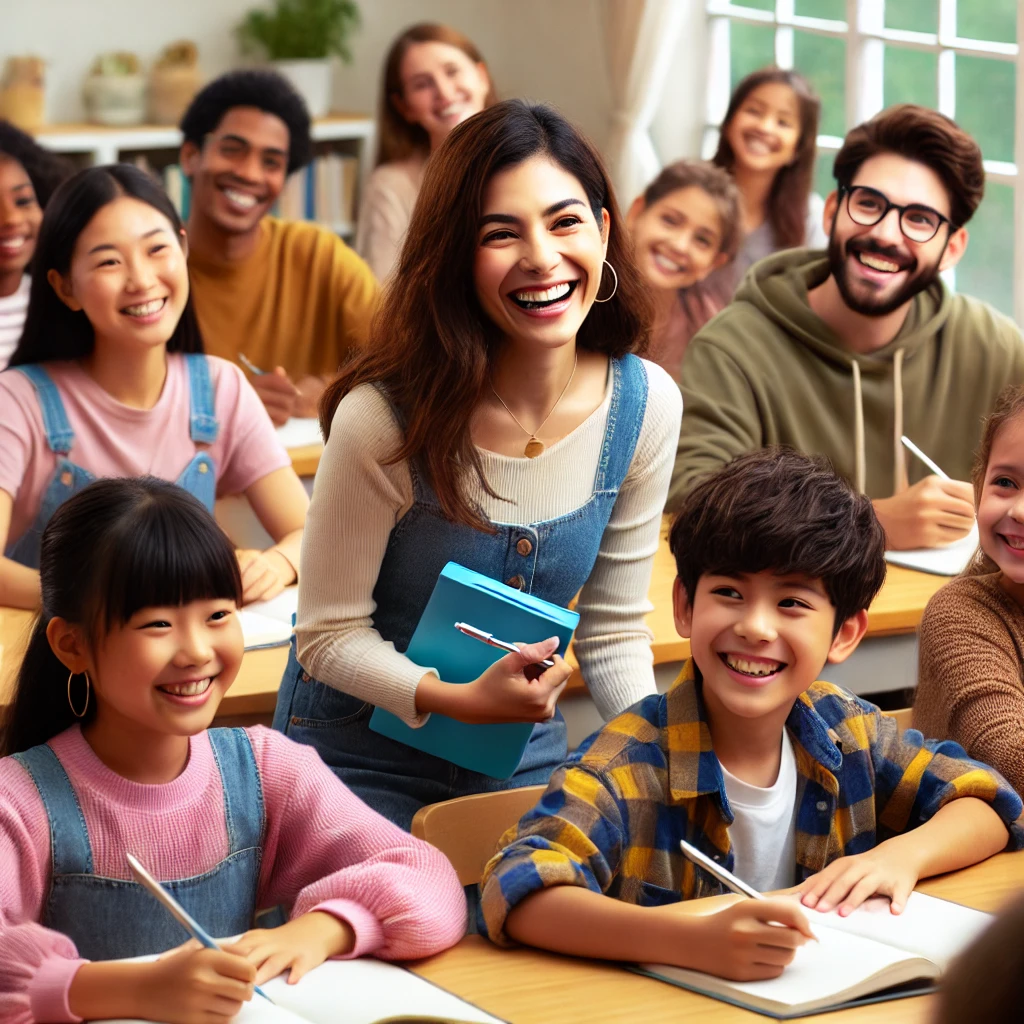Unlocking the Keys to Success in the Classroom
In the dynamic world of education, teachers play a vital role in shaping the future by imparting knowledge and skills to the next generation. With the ever-evolving landscape of teaching methodologies and technologies, it is crucial for educators to stay abreast of effective classroom strategies that can maximize learning outcomes. This article explores key strategies that teachers can implement to create an engaging and productive learning environment for their students.
Understanding Differentiated Instruction
One of the fundamental principles of effective teaching is differentiated instruction. This approach recognizes that students have diverse learning styles, abilities, and interests. By tailoring instruction to meet the individual needs of each student, teachers can create a supportive learning environment where all students can thrive. Differentiated instruction may involve varying the content, process, or product of learning to accommodate the diverse needs of students. By incorporating a variety of teaching strategies, such as visual aids, hands-on activities, and group work, teachers can cater to the unique learning preferences of their students.
Fostering a Positive Classroom Culture
Creating a positive classroom culture is essential for promoting student engagement and motivation. A supportive and inclusive learning environment encourages students to take risks, ask questions, and actively participate in their learning. Teachers can foster a positive classroom culture by establishing clear expectations, providing constructive feedback, and celebrating student achievements. By building strong relationships with their students and creating a sense of community in the classroom, teachers can cultivate a safe and nurturing environment where students feel valued and respected.
Utilizing Technology to Enhance Learning
In today's digital age, technology has become an integral part of the educational landscape. Teachers can leverage technology to enhance learning experiences and engage students in new and exciting ways. From interactive whiteboards and educational apps to online resources and virtual reality simulations, technology offers a wealth of tools that can enrich the learning process. By incorporating technology into their lessons, teachers can cater to the digital native generation and create dynamic and interactive learning experiences that capture students' interest and foster creativity.
Encouraging Critical Thinking and Problem-Solving Skills
In addition to mastering academic content, students must develop critical thinking and problem-solving skills that will serve them in all areas of life. Teachers can help students cultivate these essential skills by incorporating activities and assignments that require them to analyze information, make connections, and think critically about complex issues. By posing thought-provoking questions, encouraging debate, and challenging students to explore different perspectives, teachers can foster a culture of inquiry and intellectual curiosity in the classroom.
how do tefl teachers manage large classes? will a tefl certificate help me teach english to special needs students? how long does it take to become an effective tefl teacher? what can i do to improve my tefl classroom management skills? what can i do to enhance my tefl teaching experience? how do tefl teachers stay updated with teaching methodologies? will a tefl certificate improve my teaching skills? How do I teach English in a multicultural classroom? how do i find tefl teaching jobs in regions with a high cost of living? is tefl certification required for teaching english in private schools?




